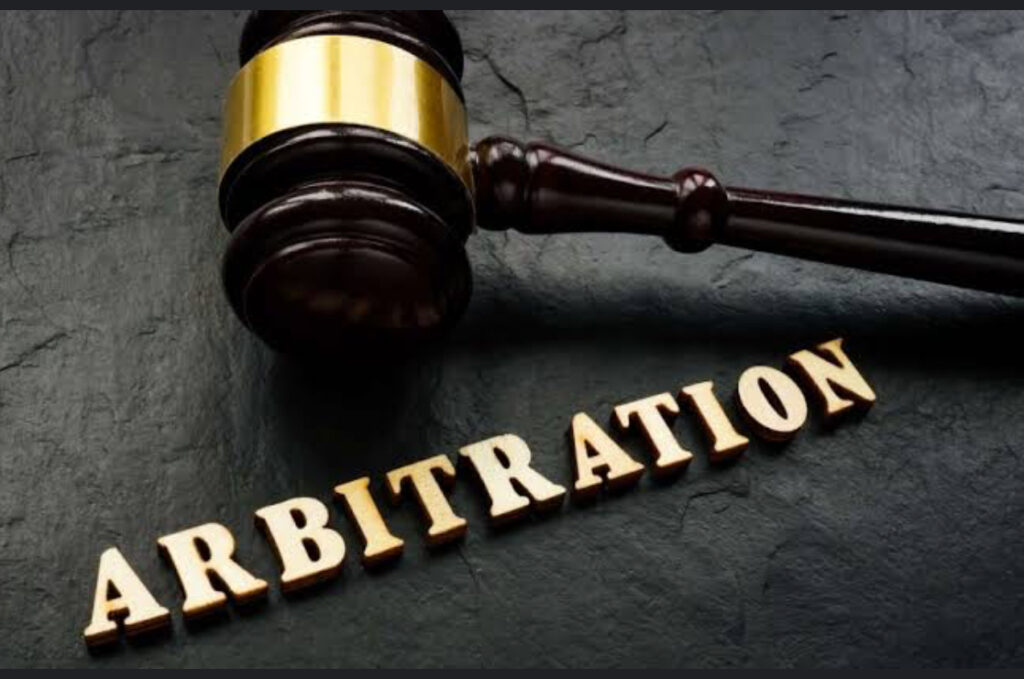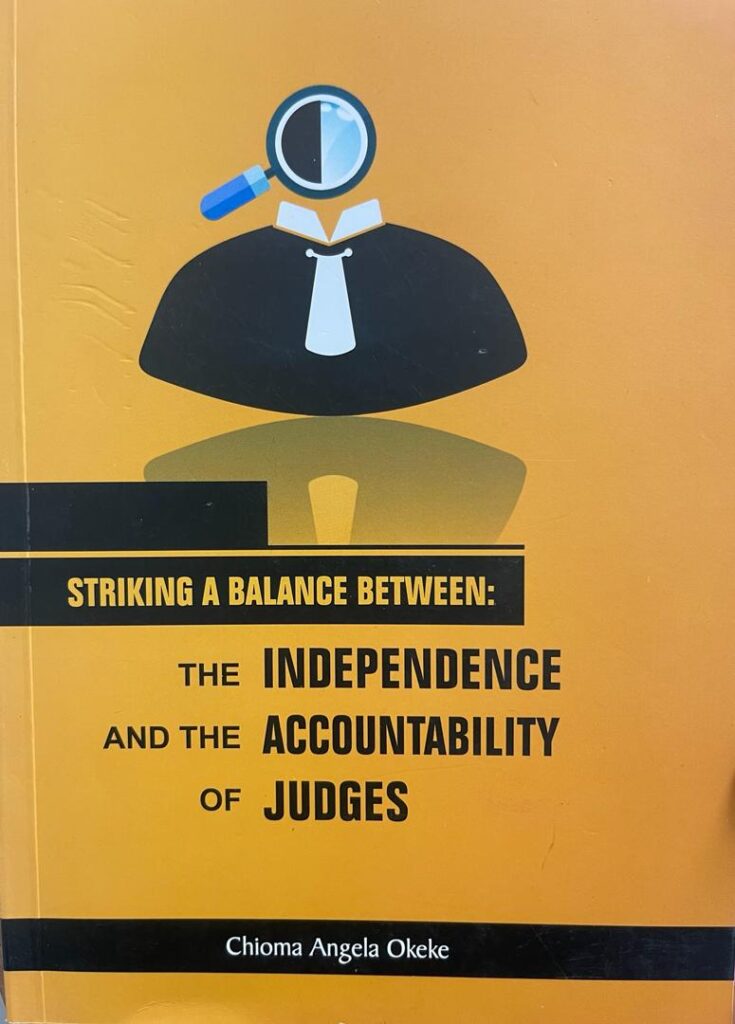
INTRODUCTION
Arbitration has gained increasing recognition as a robust and efficient method of resolving disputes, distinct from the formal court system. Central to arbitration is the principle of party autonomy, where parties can manage their affairs through mutual agreement. This autonomy extends to opting out of court jurisdiction and selecting the forum and arbitrators for resolving any dispute they encounter.

The concept of Arbitration as a method of resolution has been a part of human history since the beginning of time, giving it a primordial origin. Due to the widespread use of arbitration, most individuals are likely to have a general understanding of its purpose. However, it is important in this article to clarify it according to the Arbitration and Mediation Act (AMA) 2023. The Act outlines its objectives, which are to promote the fair resolution of disputes by the impartial tribunal without unnecessary delay or expense.[1]It is believed that the advantages of arbitration are speed, informality, and privacy but ultimately, the goal is to achieve a win-win situation. In General Electric Company v. Mitsubishi Heavy Industries, ltd (2012)[2] the two companies were embroiled in a patent dispute over wind turbine technology. The arbitration led to a settlement where both parties agreed to cross-license their technologies, enabling them to continue competing in the market while respecting each other’s intellectual property rights.
Arbitration is introduced based on mutual understanding to address the need for a more efficient, private, and binding alternative to court litigation, where both parties end up becoming adversaries. The adversarial nature of the Litigation process often leads to both parties becoming entrenched in their positions, fostering animosity and turning them into enemies. This contentious atmosphere can strain relationships and make it difficult to reach a mutually satisfactory resolution. In contrast, Alternative dispute resolution methods like arbitration aim to resolve conflicts amicably, preserving relationships and fostering cooperation between the parties involved.
PARTIES’ AGREEMENT TO ARBITRATION
In CN Onuselogu Enterprises Ltd v. Afribank Nig. Ltd[3] the court stated that an Arbitration agreement is where two or more persons agree that a dispute or potential dispute between them shall be resolved and decided in a legally binding way by one or more Impartial persons in a judicial manner, upon evidence put before him or them. The agreement is called an Arbitration agreement or a submission to an arbitral proceeding when, after a dispute has arisen, it is put before such person or persons for decision.
- Unambiguous provision for referring the dispute to arbitration
- The number of arbitrators
- Qualifications of arbitrators, including academic credentials, expertise, membership and
- or completion of pleadings (filing claim and reply)
- Interim measures/provisional remedies profession
- Time limits for making the award after reference
AWARD: WINNING OR LOSING
The most ideal award is one that is accepted by both parties, while the worst is one that is rejected or challenged by both parties. Effective arbitrators strive to satisfy both parties by meticulously following procedures and issuing an award that encompasses every detail of the case. In arbitration, the term “award” refers to a determination on the merits by an arbitral tribunal. Making an award is a judicial step that requires fulfilling certain requirements. The AMA 2023 stipulates that the award shall state the reason upon which it is based unless the parties agree otherwise (Section 47(3)(a)).
In a notable case involving the Nigerian Government and Process & Industrial Developments Ltd (P&ID), the English High Court set aside an $11 billion arbitration award in favour of P&ID upon finding that P&ID had obtained the award through fraudulent means, including bribery and corrupt payments to witnesses. This decision underscores the critical role of judicial oversight in ensuring the integrity of the arbitration process.[4]

CONCLUSION
Arbitration aims to facilitate fair and efficient progress and resolution, rather than securing victory for one party over the other. It significantly impacts the relationships between involved parties. Success hinges on the process’s fairness, integrity, and the parties’ willingness to engage in good faith. When executed with mutual benefit in mind, arbitration acts as a catalyst for harmony, reduces adversarial conflicts, and fosters long-term cooperation. By adhering to these principles, arbitration not only resolves disputes but also promotes the progress and mutual growth of all parties involved.
To fully realize the potential of arbitration, stakeholders—including legal professionals, businesses, and individuals—should commit to fostering a culture of fairness and cooperation. Embrace arbitration as a primary method of dispute resolution and ensure that all agreements are made with mutual benefit in mind. By doing so, we can create a more harmonious and efficient approach to resolving conflicts, ultimately contributing to a more just and collaborative society.

[1] S. 1(1) AMA.
[2] General electric company v. Mitsubishi heavy industries ltd (2012), United State Court of Appeal, Federal Circuit.
[3] (2005) INWLR (Pt 940) P. 577(CA) P.585
[4] Federal Republic of Nigeria v. Process & Industrial Development ltd (2023) High Court Judgment, accessed 28-06-24 https://www.lawgazette.co.uk/news
